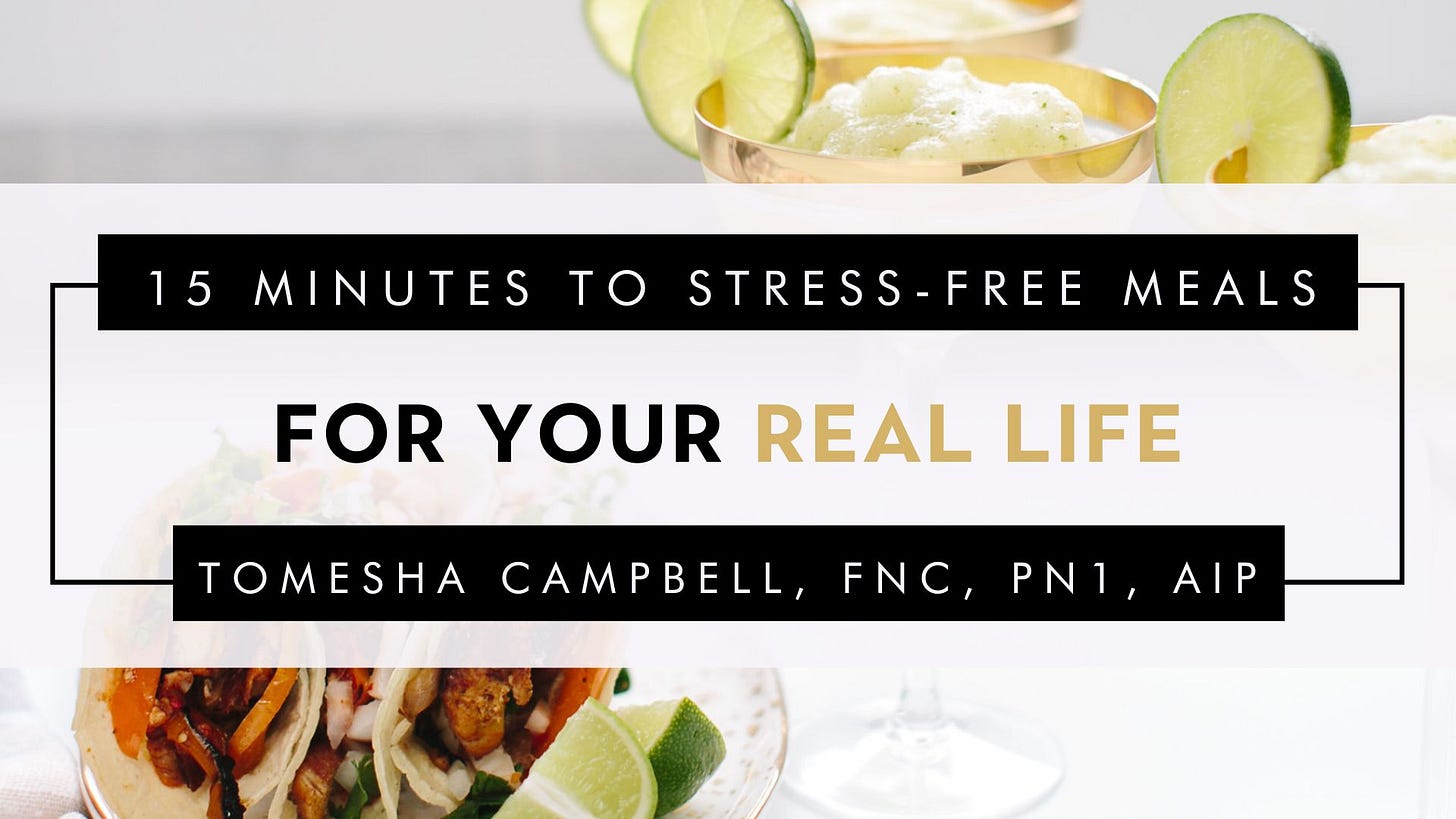Maternal Health Starts with a Full Plate
The Overlooked Role of Nutrition in Black Maternal Health Outcomes
Last week, I shared the Gates Foundation’s announcement that it’s investing $2.5 billion in women’s health research and development, specifically focusing on maternal health and nutrition. While I know many people have mixed feelings about Bill Gates, I recognize that even some of the most problematic humans can create organizations that are doing good in the world. By committing to focus on often-neglected areas, such as maternal nutrition, the Gates Foundation is taking an action that can affect the lives of birthing persons and their children.
For instance, according to an article in The Guardian, globally, there are approximately one billion malnourished adolescent girls and women. The primary reason is that girls' and women’s access to food can be limited. However, what is often not considered is that there are generational impacts as malnourished birthing persons lead to undernourished children. Thus, when birthing persons aren’t receiving adequate nutrition during pregnancy and when they are breastfeeding, it’s going to impact the nutrition of the children.
Even though this makes sense, it’s still an area often overlooked because maternal nutrition has not been prioritized.
As we know, there have been significant cuts to programs such as Medicaid and the Supplemental Nutrition Assistance Program (SNAP) in the U.S. According to The Commonwealth Fund, twenty-four million women rely on Medicaid for maternal health, which is why the expansion of this program was significant in supporting women’s health. However, recent policy changes have put Medicaid (and the women who rely on it) on the chopping block. In addition, a 2025 article in the Journal of Affective Disorders revealed programs like SNAP reduce household food insecurity, which has been linked to maternal depression. For those of us who know someone who has had or has had our experience with maternal depression, it can be highly debilitating. Therefore, the decreased funding for these vital programs drastically impacts millions of women's overall health and well-being.
Thinking about this brought me to the first client I worked with, who was pregnant and wanted to support her maternal health.
We’ll call her Jennica, but full disclosure is that wasn’t her real name. Jennica and her husband Javier (also not his real name) struggled with infertility for years. When they could finally conceive, they wanted to take the appropriate precautions to ensure they would care for their miracle baby to full term. I worked with them to help Jennica better understand what foods worked for her body and which didn’t.
For obvious reasons, they weren’t worried about counting calories but about ensuring that their growing child received adequate nutrition she needed. Since working with me, they’ve had two more daughters. The reason isn’t that I did something miraculous but that I helped them focus on ensuring that mother and baby received the vital nutrients they needed.
Most importantly, the skills that I taught Jennica and Javier, dare I say, almost a decade ago, are skills that they still use today.
When you discover the art of meal planning, the skill I taught them, you can be more intentional about your nutrition in ways you weren’t before. While in the past Jennica was considering which foods to avoid that made her nauseous during her third trimester, today she’s more concerned with which foods keep her daughters energized through the third period of class. Because when you learn the concept of meal planning, it’s something that you can take from one context to another.
In situations like today, when shifting policies impact food security, meal planning gives you an actual strategy to ensure you receive the nutrients you need—not to thrive but to do better than survive.
In today’s masterclass, 15 Minutes to Stress-Free Meals for Your Real Life, I’m diving into the meal planning strategies you can use regardless of your life stage. Whether you’re feeding a growing family or a single lady trying to spend less on DoorDash.
In this masterclass, I’ll teach you how to:
Stop second-guessing your meals, because you know exactly what you do (and don’t) need to prepare.
Start planning your meals with recipes that are not only nourishing but also taste good.
Do it all in 15 minutes with time-saving strategies and tools that help you eliminate food waste.
Grab your spot now at enhanceblackwomenshealth.com/masterclass
Enrollment will close about an hour before class, so make sure that you save your spot as soon as possible. The class is being taught LIVE, so it really does close when registration closes!
See you in class,
Tomesha
P.S. Join LIVE and you’ll get my 15-Minute Meal Plan Cheat Sheet, a printable template that will help you implement what you learn and build a habit you can actually keep.



